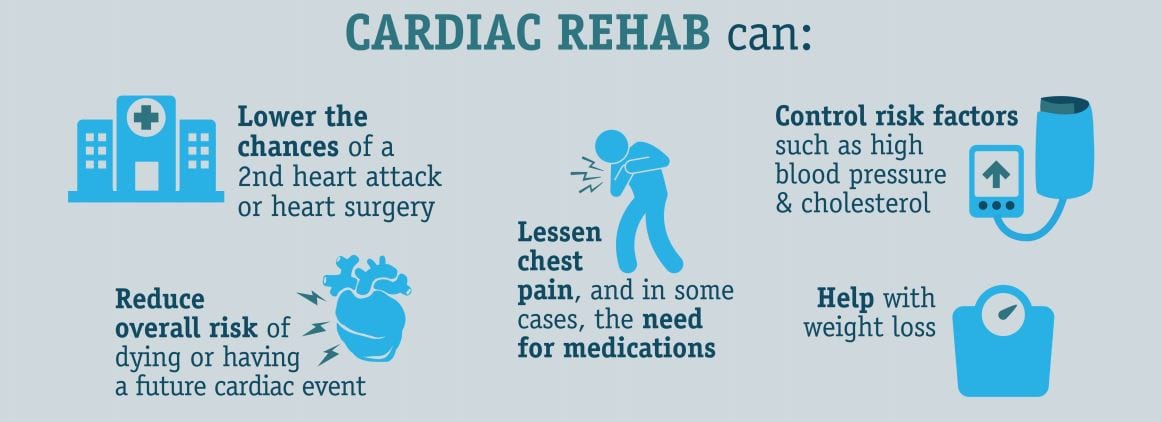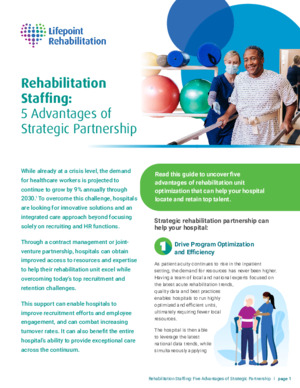Some Known Questions About Narconon Africa.
Some Known Questions About Narconon Africa.
Blog Article
See This Report about Narconon Africa
Table of ContentsNot known Facts About Narconon AfricaThe Only Guide to Narconon AfricaThe Best Guide To Narconon AfricaRumored Buzz on Narconon AfricaThe smart Trick of Narconon Africa That Nobody is Talking AboutThe 7-Second Trick For Narconon AfricaLittle Known Questions About Narconon Africa.
In a series of documents with Manudeep Bhuller and Katrine V. Lken, we get rid of these information challenges and the nonrandomness of imprisonment, providing brand-new understandings into just how incarceration affects relapse, work, children, and criminal networks - Alcohol rehab. Figure 1 Our work research studies the impacts of incarceration in Norway, a setting with 2 key advantagesWe can even more connect this info to various other family members, including children and siblings. We have details on co-offending that permits us to map out criminal networks for observed criminal activities. Second, we can utilize the random job of criminal instances to courts who vary in their tendencies to send defendants to jail.
Some courts send defendants to jail at a high rate, while others are more tolerant. We gauge a court's stringency as the ordinary imprisonment rate for all other cases a court takes care of, after regulating for court and year fixed effects, which is the degree of random project. This quasi-random task of court stringency can be made use of as a tool for incarceration, as it highly forecasts the court's choice in the present situation, but is uncorrelated with other situation qualities both by layout and empirically.
Facts About Narconon Africa Revealed
Attributes of detainees, consisting of demographics and criminal offense categories, are generally similar in Norway and various other countries, consisting of the United States, with the exemptions that the US murder rate is much higher, and race plays a larger duty there. What stands out as different, specifically compared to the United States, is the prison system.
Figure 2In Norway, the ordinary time spent behind bars is a little over 6 months, which is similar to most other Western European nations. This contrasts with average United States jail time of practically three years, which is in big component the factor the USA is an outlier in its incarceration rate compared with the rest of the globe [Number 1]
The smart Trick of Narconon Africa That Nobody is Talking About
This gives a lot more splitting up in between small and hard bad guys than exists in the United States. There is no congestion in Norwegian prisons and far better individual safety and security, with each detainee being assigned to their own cell and a greater inmate-to-staff proportion than in the United States (https://telegra.ph/Narconon-Africa--Bringing-Effective-Solutions-and-Hope-to-an-Entire-Continent-with-the-Opening-of-a-New-Center-06-05). Jails in Norway additionally use well-funded education, medication therapy, mental health and wellness, and task training programs
Our research on the effects of imprisonment on the transgressor, utilizing the random job of courts as a tool, returns three vital searchings for. First, imprisonment inhibits further criminal actions. We locate that imprisonment lowers the likelihood that an individual will reoffend within five years by 27 percentage factors and decreases the matching number of criminal fees per individual by 10 fees.
The Single Strategy To Use For Narconon Africa
We find substantial reductions in reoffending likelihoods and cumulative charged criminal activities even after offenders are released from jail. Our second result is that predisposition due to choice on unobservable individual characteristics, if overlooked, brings about the erroneous conclusion that time spent behind check over here bars is criminogenic. If we simply compare criminal offenders sent out to jail versus those not imprisoned, we discover positive associations between incarceration and subsequent criminal activity.
This stands in comparison to our analysis based upon the arbitrary assignment of courts, which finds an opposite-signed outcome. Third, the reduction in criminal activity is driven by people who were not functioning before imprisonment. Amongst these people, jail time increases participation in programs guided at enhancing employability and lowering relapse, and this eventually elevates work and incomes while inhibiting criminal behavior.

Jail time triggers a 34 percent factor increase in engagement in work training programs for the previously nonemployed, and within five years their employment price increases by 40 percent factors. At the same time, the possibility of reoffending within five years is reduced by 46 portion factors, and there is a decrease of 22 in the average number of criminal costs.
The smart Trick of Narconon Africa That Nobody is Discussing

A probable description for the difference is that Norway's prison system differs significantly, both in regards to prison-term length and jail conditions, from the United States prison system. While understanding the results of imprisonment on the culprit is a vital initial step, capturing spillover effects is additionally important for reviewing criminal justice plan and developing reliable jail systems.
The Best Guide To Narconon Africa

Common the very least squares approximates disclose that kids of incarcerated papas are 1 percentage point most likely to be billed with a criminal activity, about a mean of 13 percent, and reveal no result on institution grades. Using our court stringency instrument, we discover no statistical proof that a dad's incarceration impacts a kid's own criminal offense or school grades, however we are not able to rule out modest-sized effects.
Everything about Narconon Africa
We specify criminal teams based on network links to previous criminal instances. When a criminal network member is jailed, their peers' probability of being charged with a future criminal offense lowers by 51 percentage factors over the following 4 years - https://narcononafrica.godaddysites.com/f/narconon-celebrates-58-years-of-championing-drug-free-living.
Report this page